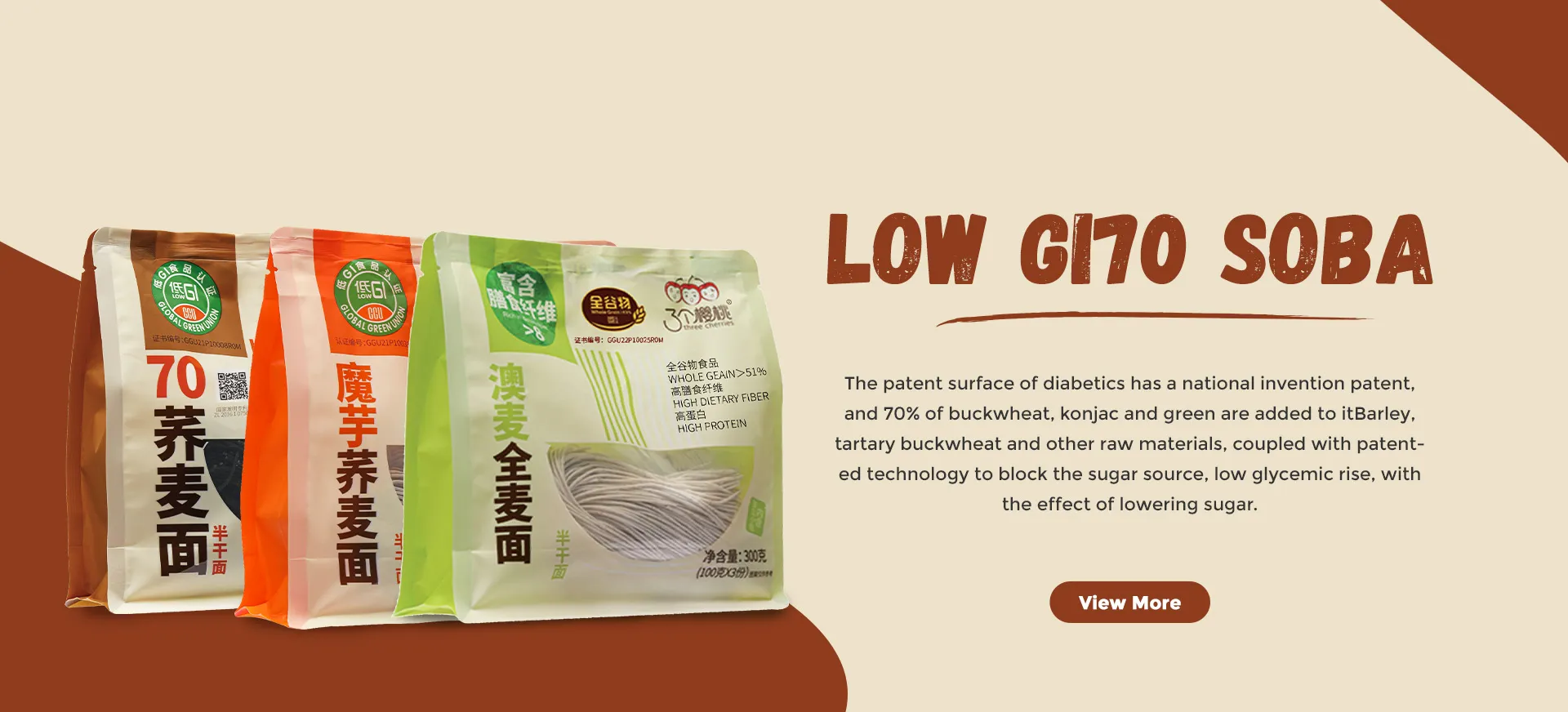instant noodles
The Global Phenomenon of Instant Noodles
Instant noodles have become a staple food item in many households around the world, transcending cultural and geographical boundaries. Originally developed in Japan during the post-war era, these convenient noodles have transformed into a global phenomenon, beloved for their versatility, affordability, and ease of preparation.
The invention of instant noodles can be traced back to 1958 when Momofuku Ando, the founder of Nissin Food Products Co., introduced the first-ever branded instant noodle, “Chikin Ramen.” This innovation was a response to the food shortages experienced in Japan during and after World War II. Ando’s vision was to create a quick and inexpensive meal option that could be easily prepared by anyone. His invention revolutionized the way people viewed instant food, making it not only convenient but also comforting.
Instant noodles are characterized by their quick cooking time, typically requiring just boiling water or a few minutes in the microwave. This convenience appeals particularly to busy individuals, students, and those living in urban environments with hectic schedules. The simplicity of making instant noodles has made them a go-to choice for many, allowing consumers to enjoy a warm meal in minutes.
One of the key aspects that contribute to the popularity of instant noodles is their affordability. In many countries, a single serving of instant noodles can cost less than a dollar. This cost-effectiveness makes instant noodles an attractive option for those on a budget, including college students, families, and individuals facing economic hardships. As a result, instant noodles are often included in emergency food supplies and disaster relief programs due to their long shelf life and ease of storage.
instant noodles

The versatility of instant noodles also plays a significant role in their widespread appeal. While they can be enjoyed in their most basic form—simply boiled with a flavor packet—they can also be transformed into elaborate dishes by adding vegetables, meats, or sauces. In various parts of the world, instant noodles are customized to reflect local flavors and culinary traditions. For instance, in South Korea, spicy ramen topped with kimchi is a beloved dish, while in Indonesia, fried instant noodles are often served with sweet soy sauce and fried eggs. This ability to adapt to different palates has helped sustain the appeal of instant noodles across cultures.
Moreover, instant noodles have become a cultural icon in many countries, often featured in popular media, from movies to social media challenges. There's even an annual “Instant Noodles Day” celebrated by enthusiasts, highlighting the creative ways people enjoy this beloved food. The rise of food bloggers and influencers showcasing innovative recipes that incorporate instant noodles has further fueled their popularity, showcasing the endless possibilities that can arise from a simple package of noodles.
While instant noodles boast many benefits, it’s important to acknowledge some of the criticisms associated with them. Health experts often point out that instant noodles can be high in sodium, preservatives, and lacking in essential nutrients. This has led to the emergence of healthier alternatives in the market, such as whole grain or gluten-free noodles, and brands that minimize additives.
In conclusion, the phenomenon of instant noodles cannot be understated. From their humble beginnings in Japan to their status as a global food sensation, instant noodles encapsulate convenience, affordability, and adaptability. As they continue to evolve and cater to diverse tastes around the world, one thing remains clear they have earned their place in the hearts and kitchens of millions, solidifying their status as a beloved comfort food for generations to come.
-
Unleash Your Inner Chef with Delectable Italian Pasta CreationsNewsAug.01,2025
-
Savor Health and Flavor: Irresistible Soba Noodles for Sale Await!NewsAug.01,2025
-
Nourish Your Body with Premium Organic Ramen - A Culinary Delight AwaitsNewsAug.01,2025
-
Elevate Your Dishes with Our Exquisite Kinds of Egg NoodlesNewsAug.01,2025
-
Dive into Flavorful Convenience with Our Ramen OfferingsNewsAug.01,2025
-
Discover Exquisite Types of Naengmyeon and Chilled Soba NoodlesNewsAug.01,2025
-
Is Whole Wheat Pasta Healthy?NewsMay.30,2025
Browse qua the following product new the we

















































































































